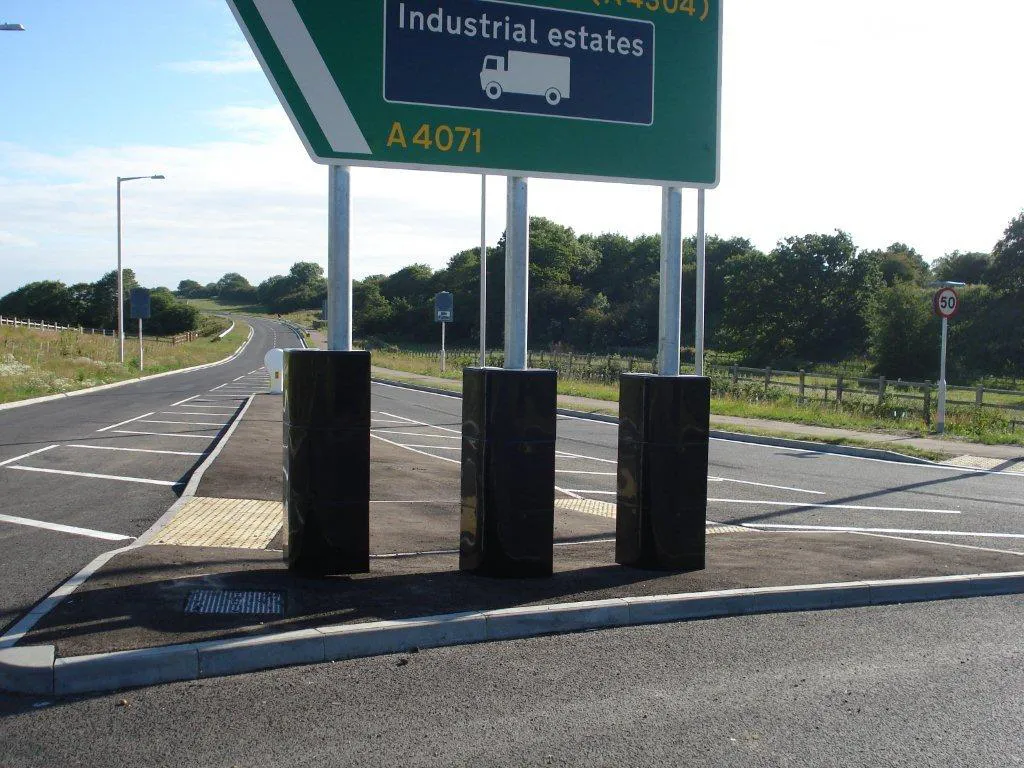A British woman called the police to report that her scarecrow had been stolen, only to discover that the scarecrow had in fact been taken into custody by the police. The offending scarecrow had been placed outside a village dressed in a high visibility jacket and a police uniform, to highlight a scarecrow festival in the village.
March 1, 2012
Read time: 2 mins

A British woman called the police to report that her scarecrow had been stolen, only to discover that the scarecrow had in fact been taken into custody by the police. The offending scarecrow had been placed outside a village dressed in a high visibility jacket and a police uniform, to highlight a scarecrow festival in the village. The local police had been informed that this would take place and had given their approval. However when police drove past they spotted that the scarecrow also sported a fake radar detector made of cardboard. Realising that the fake cardboard radar gun posed a safety potential hazard and could have caused passing drivers to become alarmed, the police rushed the offending scarecrow into a police vehicle and took it to the local police station. A spokesperson explained that impersonating a police officer is an offence and added that the scarecrow sent an inappropriate message to motorists. The scarecrow maker commented that the fake radar gun was actually intended to encourage motorists to slow down.








